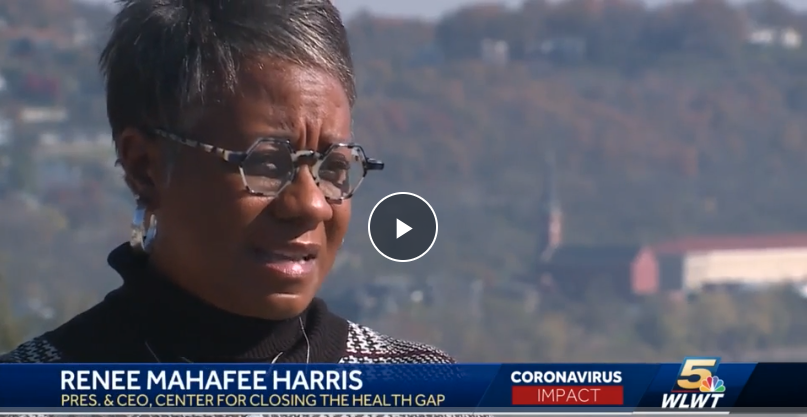Health care professionals discuss the importance of routine check-ups and cancer screenings, even during the current COVID-19 pandemic.
TODAY show weatherman Al Roker announced his cancer diagnosis this morning, helping to spread awareness of the disease and other cancers.
“After a routine check-up in September, turns out I have prostate cancer, ” said Al Roker.
He says because of the pandemic, he hadn’t been to the doctor in more than a year and a half. His cancer is at an early stage and very treatable.
“Early detection is obviously going to help minimize the impact, ” said Renee Mahaffey Harris, president & CEO of The Center for Closing the Health Gap.
Harris works to eliminate health disparities within communities of color, emphasizing the significance of preventative measures.
“In particular cancer screenings for breast cancer, prostate cancer, colon colorectal cancer those cancers that have a disproportionate impact on black and brown people in this country,” said Harris.
Getting a screening as soon as possible may be the difference between life or death.
“Don’t let a year go by with getting your breast cancer screening or any other screening. While COVID is a pandemic that is affecting not only our county and the world what we can do best is prevent disease,” said Harris.
Some appointments may take longer to schedule, but Harris says never assume. Call your doctor and find out.
“Don’t listen to hearsay and like “I heard it’s going to take forever call your doctor,” speak to them and be in good communication with your doctor’s office, and asking those questions. They are going to meet the need of everyone in our community it’s just that now we may have to be patient because of the rise of COVID cases,” said Harris.
The American Cancer Society recommends testing for some cancers as early as 21 depending on the type and your medical history.
For more information on how you can lower your risk, and cancer screening test recommendations by age and gender head to www.cancer.org.

